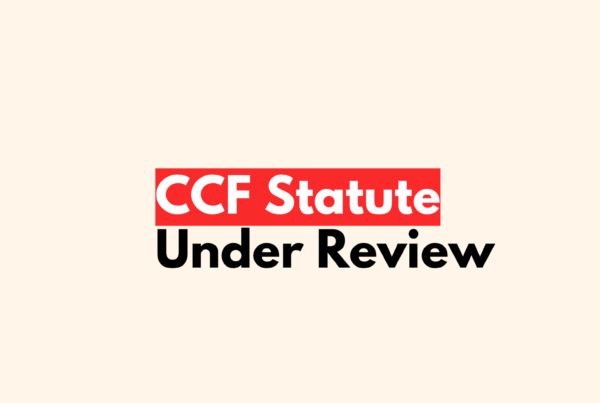The 2024 Red Notice statistics published by INTERPOL showed a record number of notices issued—and an unprecedented number refused or cancelled by the Organization’s internal compliance mechanisms. However, as previously noted, the absence of country-level data in those figures continues to obscure systemic patterns of misuse. A recent disclosure by Bangladeshi authorities now exposes the kind of pattern that remains hidden in the absence of country-level data.
According to press reports published in October 2025, including New Age and other national outlets, Bangladesh submitted 25 Red Notice requests to INTERPOL over the past year. Only four were accepted and published by the General Secretariat.These figures were publicly disclosed by Police Headquarters’ AIG (Media) AHM Shahadat Hossain, who stated:
“From August 2024 to the present, the Interpol Desk has submitted requests for red notices against 25 individuals. So far, Interpol has issued red notices for four individuals, although their names cannot be disclosed.”
The profile of the individuals targeted offers a strong indication as to why:
“The people include the deposed prime minister Sheikh Hasina, her daughter Saima Wazed, her son Sajeeb Wazed Joy, former bridges minister Obaidul Quader, former home minister Asaduzzaman Khan, former liberation war affairs minister AKM Mozammel Haque, former information minister Hasan Mahmud, former textiles and jute minister Jahangir Kabir Nanak, former education minister Mohibul Hasan Chowdhury, former Dhaka South City mayor Sheikh Fazle Noor Taposh, Hasina’s security adviser retired Major General Tariq Ahmed Siddiq, former state minister for power and energy Nasrul Hamid and former state minister for information and broadcasting Mohammad Ali Arafat.”
The overwhelming majority are current or former high-ranking political figures affiliated with the previous government. The attempted use of INTERPOL channels to target these individuals does not appear to be an isolated error, but rather reflects a broader pattern inconsistent with the prohibition set out in Article 3 of INTERPOL’s Constitution:
“It is strictly forbidden for the Organization to undertake any intervention or activities of a political, military, religious or racial character.”
The fact that 21 out of 25 Red Notice requests from Bangladesh were not published by the General Secretariat demonstrates that INTERPOL’s internal compliance mechanism—specifically the Notices and Diffusions Task Force (NDTF)—acted as intended. Established in 2016 and expanded in 2018, the NDTF conducts legal and quality reviews of all Red Notices and Wanted Persons Diffusions, with particular scrutiny under Article 3 of INTERPOL’s Constitution. Although there has been no official confirmation that these requests were formally refused, their prolonged non-publication—now extending over several months—suggests that they were reviewed and rejected by the General Secretariat.
Yet this outcome only became known because Bangladeshi authorities chose to disclose the figures. While INTERPOL now publishes annual statistics on the total number of Red Notices refused or cancelled—2,462 in 2024, including 194 under Article 3—it provides no breakdown by country. As a result, there is no visibility into which states are consistently submitting non-compliant requests.
The publication of refusal statistics disaggregated by country of origin and legal basis would significantly improve transparency, without compromising operational security or the confidentiality of individual cases. Such data would allow policymakers and civil society to monitor trends, evaluate compliance, and engage constructively with states whose use of INTERPOL mechanisms raises concern. Had such statistics been available for 2024, they would have shown a non-compliance rate of 84% for Bangladesh’s Red Notice requests—21 refusals out of 25—and thereby flagged a potential structural issue with the legality and quality of notices originating from that country.
In the absence of this information, public awareness of systemic misuse remains contingent on ad hoc disclosures or media reporting. The Bangladesh case offers a rare but telling glimpse of the kind of abuse INTERPOL’s internal filters are designed to prevent—and of what continues to remain hidden from view.





